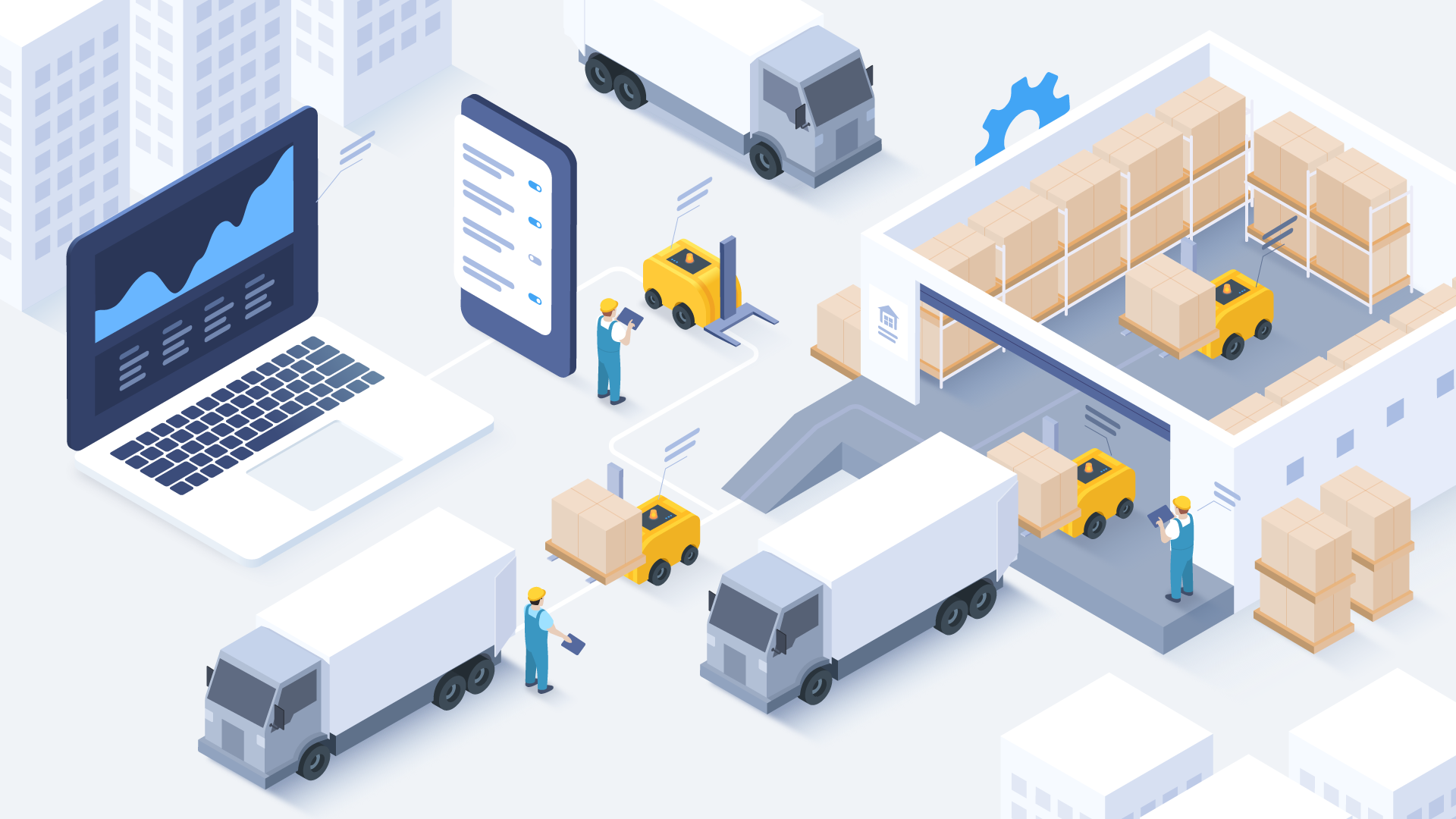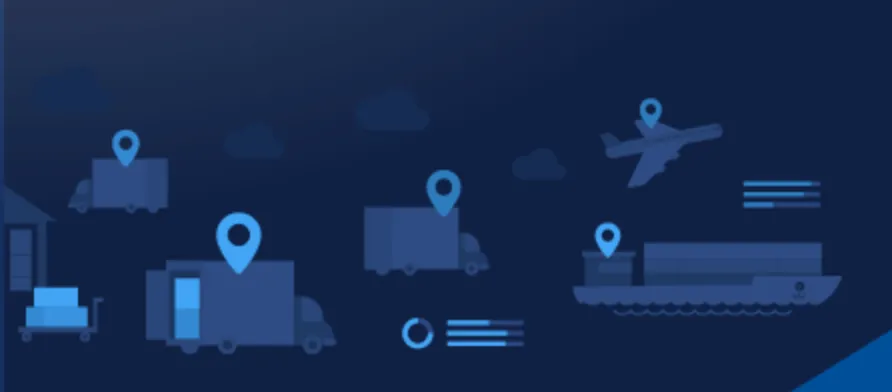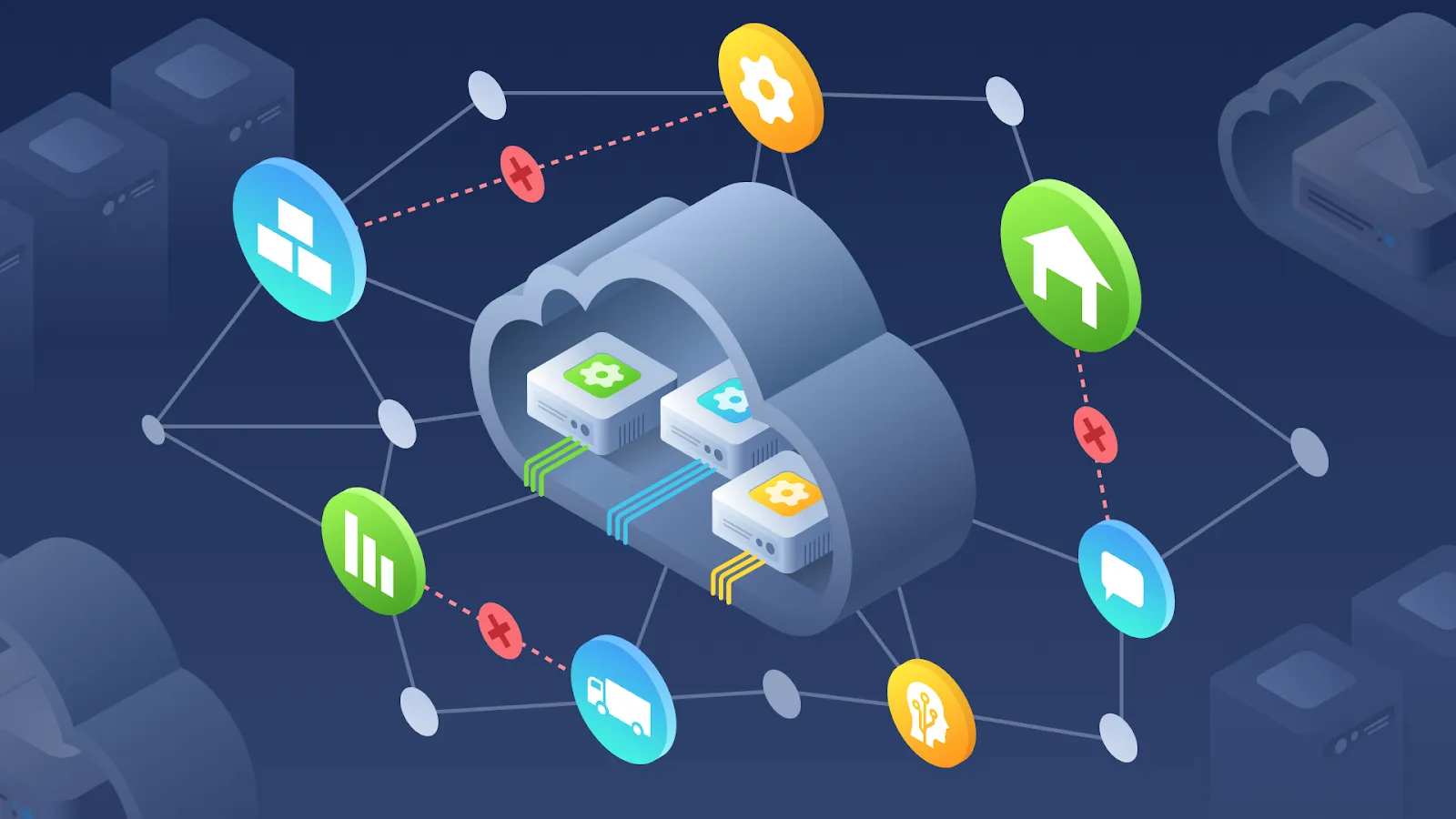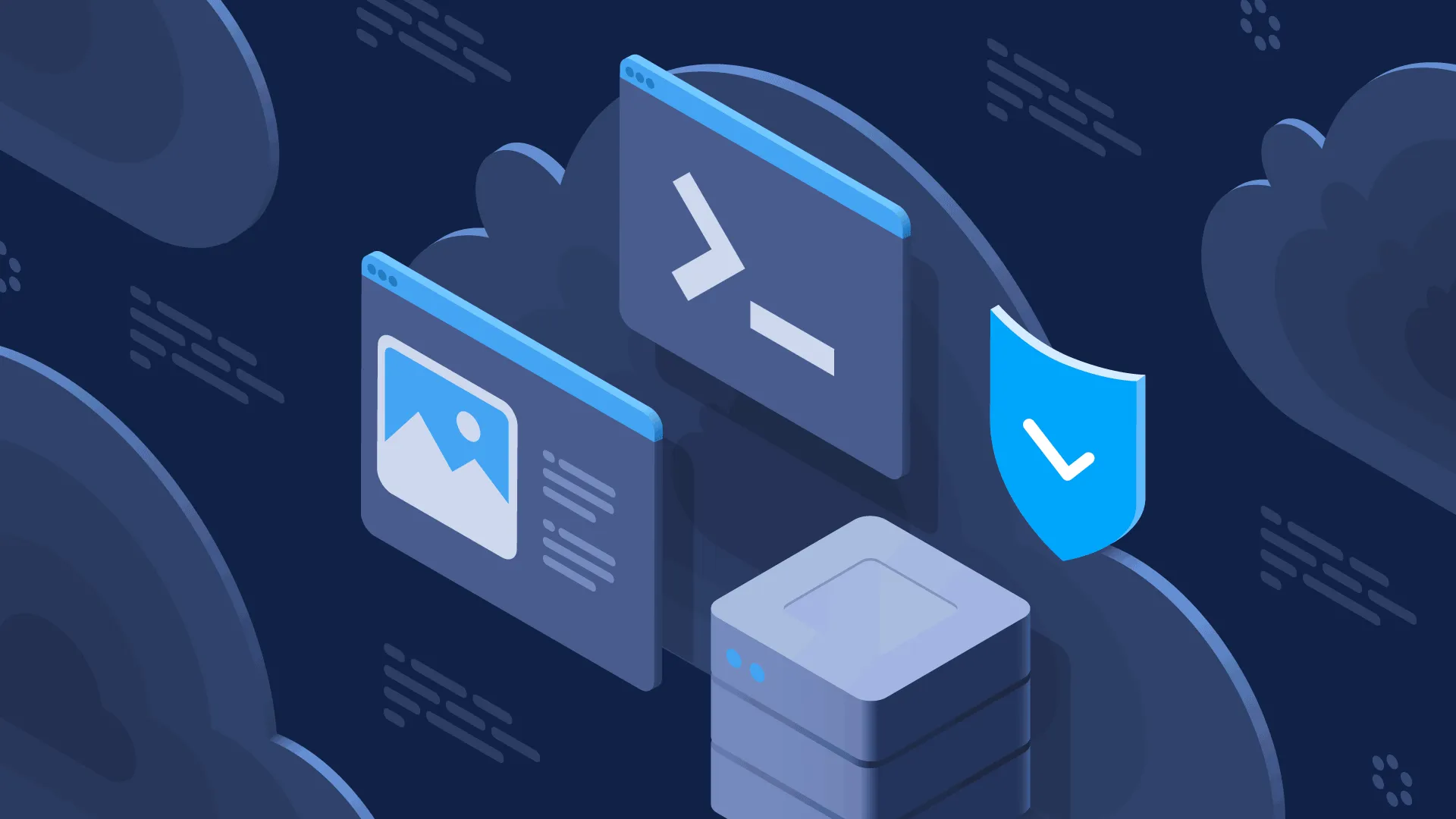Custom Software for Logistics
Logistics is an essential part of any company’s supply chain and keeping all moving parts running smoothly is critical. However, as demand increases and operational needs change, logistics companies find that one-size-fits-most software hurts more than helps.
Companies can tailor the tools they use with custom logistics software to maximize productivity and stay competitive. Custom software can help to automate inventory management, improve shipping tracking and transparency with customers, streamline workflows for efficiency, and make informed decisions based on data collected, all while keeping the software flexible when new tools come out or different programs are needed to scale.
Custom software solutions are uniquely suited to tackle these challenges, providing tailored functionality that out-of-the-box software often can’t match. Learn more about custom software development in our blog post on it here.

Enhanced Inventory Management
Inventory management is so personal to a company. The needs of your specific company within your specific industry are also personal. It’s a grave mistake to think that out-of-the-box software can check every box.
Custom software can use data analytics and predictive tools to determine how to properly manage a business’s inventory. With custom software, you can examine the habits of your customers and adapt your inventory accordingly. This saves time and money and prevents overstock, increasing product availability when needed and reducing excess product when not.
Automated inventory management ensures real-time visibility, enabling managers to take action and make proactive decisions.
Improved Tracking and Transparency
Out-of-the-box software can’t guarantee you have every tool you need for your not-so-out-of-the-box business. When it comes to B2B and B2C relationships, you want the software you use to work with and for you.
With custom software, you can add services like GPS tracking and integrations with mobile apps and cloud platforms rather than rely on one service to do the heavy lifting. The ability to monitor shipments can ensure that managers can make real-time decisions to improve customer satisfaction and delivery time accuracy. Creating trust with your customer base is essential: giving them up-to-date tracking information is one way to establish trust. Check out this blog post we wrote about how 3PLs can integrate e-commerce platforms to attract new customers and streamline logistics.
Streamlined Workflows and Operational Efficiency
When using out-of-the-box software, it takes time to create workflows, and oftentimes, the software is missing tools that would make all the difference to you and your team. It’s challenging to work with the limitations of the software rather than have it work for you.
With custom software, you can automate repetitive tasks to ensure efficiency and reduce employee stress and confusion. The use of custom software to assist workflow can resolve complications with order processing, route planning, and reporting, allowing teams to focus on high-priority activities.
Many one-size-fits-all software is built to be a general solution for businesses, rather than offer you the tools that are unique to your company’s mission. Adding tools such as warehouse management, CRM, and fleet management that communicate with each other reduces manual labor better spent elsewhere, lowers the possibility of errors, and accelerates workflows, ultimately boosting productivity. Your team can shine and not be bogged down by tedious tasks. Also, if you work with a remote and/or international team, having a system that is a single source of truth while also remaining flexible creates less confusion between teams.
Decision Driven By Data
The beauty and advantage of having custom software for your organization is that you can collect and analyze different types of data rather than using separate programs. Custom software can allow programs that usually operate separately to inform each other i.e. reveal patterns in demand, delivery times, operational costs, and CRM. This drives smarter decision-making.
With customized analytic dashboards, managers can set KPIs and quickly see where improvements can be made, like bottlenecks in warehousing or delays in shipping. With this individualized approach to analyzing your company’s data, your organization can continuously adapt, stay competitive, and work across departments without slowing down operations.
Flexibility and Growth
What out-of-the-box software often lacks is the capability to change and adapt to new tools and as your organization needs. Custom software is flexible as your organization grows, changes, and hits peak seasons. When new tools that solve pain points for your company are released, custom software allows them to be integrated seamlessly without overhauling entire workflows, ensuring your logistics infrastructure remains future-ready.
This adaptability and scalability are especially valuable in logistics, where peak seasons and sudden demand surges require flexible systems.
Final Note
Custom software enables logistics businesses to personalize the tools they use to work for their purposes. For organizations seeking a competitive edge in logistics, investing in custom solutions is increasingly becoming a necessity, not a luxury. Consider the benefits and downsides for your organization. We created our own list to save you the trouble.
Custom logistics software not only resolves operational issues but keeps businesses competitive as the industry evolves. This approach provides businesses with a level of control and insight that keeps them ahead of the curve.
At AgileVision, we specialize in creating custom software solutions that are made for our customers’ logistics challenges.
Check out our Case Studies to learn more about how other businesses have used AgileVision to stay competitive and find success.
Need help with your cloud architecture?
Schedule a Free Consultation




